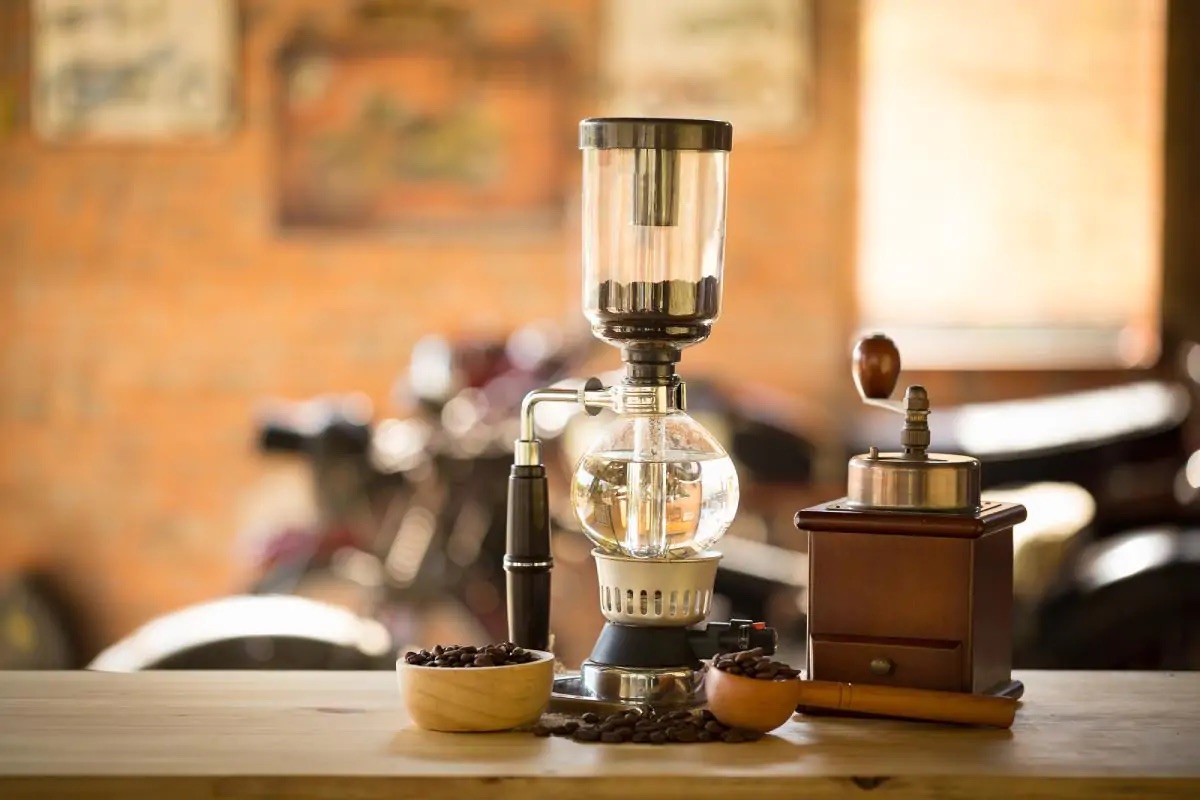

Articles
Who Invented Coffee Machine
Modified: August 17, 2024
Discover the fascinating history behind the invention of coffee machines in this informative article. Learn about the trailblazers and innovations that revolutionized the way we enjoy our favorite caffeinated beverage.
(Many of the links in this article redirect to a specific reviewed product. Your purchase of these products through affiliate links helps to generate commission for Storables.com, at no extra cost. Learn more)
Introduction
Welcome to the world of coffee machines, where the delightful aroma of freshly brewed coffee fills the air. Coffee machines have become an essential part of our daily lives, providing us with the convenience and pleasure of enjoying a cup of coffee at any time. But have you ever wondered about the history and origins of these marvelous inventions?
The journey of coffee machines dates back centuries, intertwined with the rich history of coffee itself. From their early beginnings to the advanced technology we have today, coffee machines have undergone a fascinating evolution. In this article, we will explore the origins of coffee machines, the inventors behind them, and how they have revolutionized the way we enjoy our favorite beverage.
Before we delve into the history of coffee machines, let’s take a moment to appreciate the immense popularity of coffee around the world. Coffee has become a beloved beverage, cherished by millions for its unique flavor and rejuvenating effects. It has become deeply ingrained in our culture, with coffee houses and cafes serving as social hubs where people gather, discuss ideas, and enjoy their daily dose of caffeine.
The demand for coffee led to the development of various brewing methods, with coffee machines playing a pivotal role in making the process more efficient and convenient. From manual brewing to automated machines, the progression has been remarkable.
Now, let’s travel back in time to explore the earliest origins of coffee machines and the ingenious minds that paved the way for their invention.
Key Takeaways:
- The evolution of coffee machines, from the 17th century to modern times, has revolutionized the brewing process, offering a wide range of options and shaping the coffee culture we know and love today.
- Modern coffee machines have not only elevated our coffee experience but have also become symbols of social gatherings, self-expression, and sustainability, bridging the gap between the raw coffee bean and the perfect cup of coffee.
Read more: Who Invented The Espresso Machine
Early Origins of Coffee Machines
The concept of brewing coffee using specialized machines can be traced back to the 17th century. However, before coffee machines as we know them today came into existence, various manual methods were employed to extract the rich flavors of coffee beans.
One of the earliest methods was the infusion method, where ground coffee was steeped in hot water, similar to how tea is brewed. This method required manual pouring and straining to separate the coffee grounds from the liquid. Another popular method was the percolation method, where hot water was forced through a chamber containing coffee grounds using gravity or pressure.
The invention of the coffee filter in the early 19th century revolutionized coffee brewing. The filter allowed for a cleaner cup of coffee by preventing the coffee grounds from ending up in the final beverage. This innovation laid the foundation for the development of more advanced coffee machines.
One notable early coffee machine was the vacuum coffee maker, also known as the siphon coffee maker. Invented in the 19th century, this method used a combination of vapor pressure and vacuum suction to draw water from a lower chamber through a filter containing coffee grounds and into an upper chamber. This process resulted in a smooth and flavorful cup of coffee.
As the demand for coffee continued to grow, inventors and engineers sought ways to automate the brewing process, saving time and effort for coffee enthusiasts. These efforts eventually led to the invention of the first coffee machine.
Now, let’s explore the story behind the invention of the first coffee machine and the visionary mind behind it.
The Invention of the First Coffee Machine
The credit for inventing the first coffee machine goes to Angelo Moriondo, an Italian engineer and entrepreneur. In 1884, Moriondo patented a steam-powered coffee machine, which marked a significant milestone in the history of coffee machines.
Moriondo’s machine worked by pushing water through finely ground coffee using steam pressure. The steam was generated by a boiler, and the resulting coffee was collected in a separate container. This invention allowed for a faster and more consistent brewing process, catering to the growing demand for coffee in cafes and restaurants.
Although Moriondo’s machine laid the foundation for future advancements, it was not widely adopted outside of Italy. However, his invention caught the attention of another coffee enthusiast who would take coffee machine technology to the next level.
Enter Luigi Bezzera, an Italian inventor who introduced significant improvements to the coffee machine. In 1901, Bezzera patented his espresso machine, which showcased groundbreaking features such as a pressure release valve and a system for controlling water temperature. These innovations allowed for the extraction of coffee at higher pressures, resulting in a more intense and flavorful cup of coffee.
Bezzera’s espresso machine gained popularity in Italy, primarily in cafes and restaurants. It quickly became a symbol of Italian coffee culture and set the stage for the manufacturing and commercialization of coffee machines.
The early 20th century witnessed several other inventors contributing to the advancement of coffee machine technology. Notable names include Achille Gaggia, who introduced the lever-operated espresso machine in 1948, and Faema, a leading coffee machine manufacturer that pioneered the use of electric pumps for extracting coffee.
These inventions and improvements paved the way for the modern coffee machines we use today. From espresso machines to drip coffee makers and pod-based systems, coffee enthusiasts now have a wide range of options to suit their taste preferences and brewing needs.
Now, let’s explore the evolution of coffee machine technology and the advancements that have shaped our modern-day coffee experience.
The first coffee machine was invented by Angelo Moriondo in 1884 in Italy. It was a simple device that used steam pressure to brew coffee.
Evolution and Advancements in Coffee Machine Technology
The evolution of coffee machine technology has been nothing short of remarkable. Over the years, inventors and engineers have continually pushed the boundaries to enhance the brewing process, improve convenience, and deliver a superior cup of coffee.
In the early 20th century, espresso machines underwent significant advancements. The introduction of pump-driven espresso machines, such as those manufactured by La Pavoni in the 1960s, allowed for greater control over the extraction process. These machines utilized electric pumps to generate the necessary pressure, resulting in a consistent and high-quality espresso.
As the popularity of filter coffee grew, drip coffee makers became a household staple. Automatic drip coffee machines, like the ones introduced by the Bunn-O-Matic Corporation in the 1960s, simplified the brewing process by automatically heating and dripping water over a filter containing coffee grounds. This method provided a hassle-free way to brew large quantities of coffee, catering to the needs of families and offices.
In the 1970s, single-serve coffee systems made their debut, revolutionizing the way we brew and enjoy coffee. These systems, popularized by brands like Keurig and Nespresso, made use of pre-packaged coffee pods or capsules. The pods contained pre-measured amounts of coffee, ensuring consistency and eliminating the need for grinding coffee beans or measuring portions. This convenience factor appealed to busy individuals seeking a quick and easy solution for their coffee cravings.
Advancements in coffee machine technology have not been limited to brewing methods alone. The integration of digital controls and programmable features has given users more flexibility and customization options. Coffee machines now come equipped with LCD screens, timers, temperature controls, and even smartphone connectivity, allowing users to personalize their coffee experience to the finest details.
Another significant development in recent years is the rise of espresso-based machines designed for home use. With advancements in technology and a growing interest in specialty coffee, home espresso machines have become increasingly sophisticated and accessible. From semi-automatic machines that require manual grinding and tamping to fully automatic machines with built-in grinders and milk frothers, coffee aficionados can now replicate cafe-quality espresso in the comfort of their own homes.
Furthermore, sustainability and environmental consciousness have influenced the advancements in coffee machine technology. Manufacturers are focusing on developing eco-friendly machines with energy-efficient features and recyclable components, reducing the environmental impact of the brewing process.
As we look towards the future, it is clear that coffee machine technology will continue to evolve and surprise us with new innovations. From advancements in extraction methods to smart connected machines, the quest for the perfect cup of coffee is an ongoing journey driven by a passion for the bean and a love for the art of brewing.
Now, let’s explore the impact of modern coffee machines on our daily lives and the coffee culture as a whole.
Modern Coffee Machines and their Impact
Modern coffee machines have had a profound impact on how we consume and experience coffee. They have become more than just appliances; they are central to our daily rituals and play a significant role in shaping the coffee culture around the world.
The convenience and versatility offered by modern coffee machines have made it easier for individuals to enjoy high-quality coffee at home, eliminating the need to visit a cafe or rely on instant coffee. With a wide range of brewing options available, from espresso to drip to single-serve pods, coffee enthusiasts can experiment with different flavors and brewing techniques, customizing their coffee to perfection according to their personal preferences.
The rise of specialty coffee has been fueled by the advancements in coffee machines. With more people seeking unique and artisanal coffee experiences, modern machines have allowed baristas and home brewers alike to explore brewing methods that extract the maximum flavors from specialty coffee beans. This has created a demand for higher-quality machines capable of delivering more precise temperature control, pressure regulation, and extraction profiles.
Modern coffee machines have also contributed to the rise of home brewing as a popular hobby. Coffee enthusiasts now have access to an array of tools and equipment that were once only available to professionals, enabling them to experiment with different brewing methods, grind sizes, water ratios, and more. This hands-on approach to brewing has enriched our understanding of coffee and has allowed us to appreciate its nuances and complexities.
Moreover, coffee machines have become a focal point of social gatherings and a form of self-expression. Hosting coffee tasting sessions or demonstrating latte art skills has become a popular way to bring people together and showcase one’s passion for coffee. The sleek design and advanced features of modern coffee machines contribute to the overall aesthetic and ambiance of coffee spaces, enhancing the sensory experience for both the brewer and the consumer.
With the increasing emphasis on sustainability, modern coffee machines have also taken steps to reduce waste and promote eco-friendly practices. Many machines now offer reusable and recyclable coffee pods or use biodegradable materials, minimizing the environmental impact of single-serve coffee consumption. Energy-saving features and automatic shut-offs further contribute to a more sustainable brewing process.
Overall, modern coffee machines have elevated our coffee experience, empowering us to explore and appreciate the art of coffee brewing. With each cup, we embark on a journey of flavor, aroma, and connection. Whether in the cozy confines of our homes or the bustling atmosphere of a coffee shop, coffee machines have become an integral part of our daily lives, bridging the gap between the raw coffee bean and the perfect cup of coffee.
Now, let’s conclude our exploration of coffee machines and reflect on the impact they have had on the world of coffee.
Read more: Who Invented The Stairs
Conclusion
From their early beginnings in the 17th century to the advanced machines we have today, coffee machines have undergone a remarkable evolution. They have revolutionized how we brew, enjoy, and experience coffee.
Throughout history, ingenious inventors like Angelo Moriondo and Luigi Bezzera paved the way for the development of coffee machines. Their innovations, along with the contributions of countless others, have transformed the brewing process, improving efficiency, convenience, and the quality of coffee.
Modern coffee machines offer a wide range of options, catering to different tastes, preferences, and brewing methods. Whether it’s the rich and intense flavor of an espresso or the convenience of single-serve pods, coffee enthusiasts now have the freedom to explore and customize their coffee experience.
These machines have not only impacted our daily lives but have also shaped the coffee culture as a whole. They have encouraged the rise of home brewing, allowing individuals to become more involved in the intricate art of coffee preparation. They have also facilitated the growth of specialty coffee, where focus is placed on sourcing high-quality beans and extracting their unique flavors.
Furthermore, modern coffee machines have become symbols of social gatherings, bringing people together over the mutual appreciation of coffee. They have become an expression of individual style and a focal point in cafes, showcasing the meticulous craftsmanship and design that goes into creating the perfect cup of coffee.
As we look to the future, we can expect coffee machines to continue evolving. Sustainability and environmentally friendly practices will likely play a more prominent role, with manufacturers striving to create machines that minimize waste and energy consumption.
In conclusion, coffee machines have had a profound impact on our coffee culture and the way we enjoy this beloved beverage. They have enhanced our brewing techniques, unlocked new flavors, and brought people together through their shared love of coffee. So the next time you take that first sip of freshly brewed coffee, remember the journey it took from the beans to your cup, thanks to the remarkable invention of the coffee machine.
Frequently Asked Questions about Who Invented Coffee Machine
Was this page helpful?
At Storables.com, we guarantee accurate and reliable information. Our content, validated by Expert Board Contributors, is crafted following stringent Editorial Policies. We're committed to providing you with well-researched, expert-backed insights for all your informational needs.
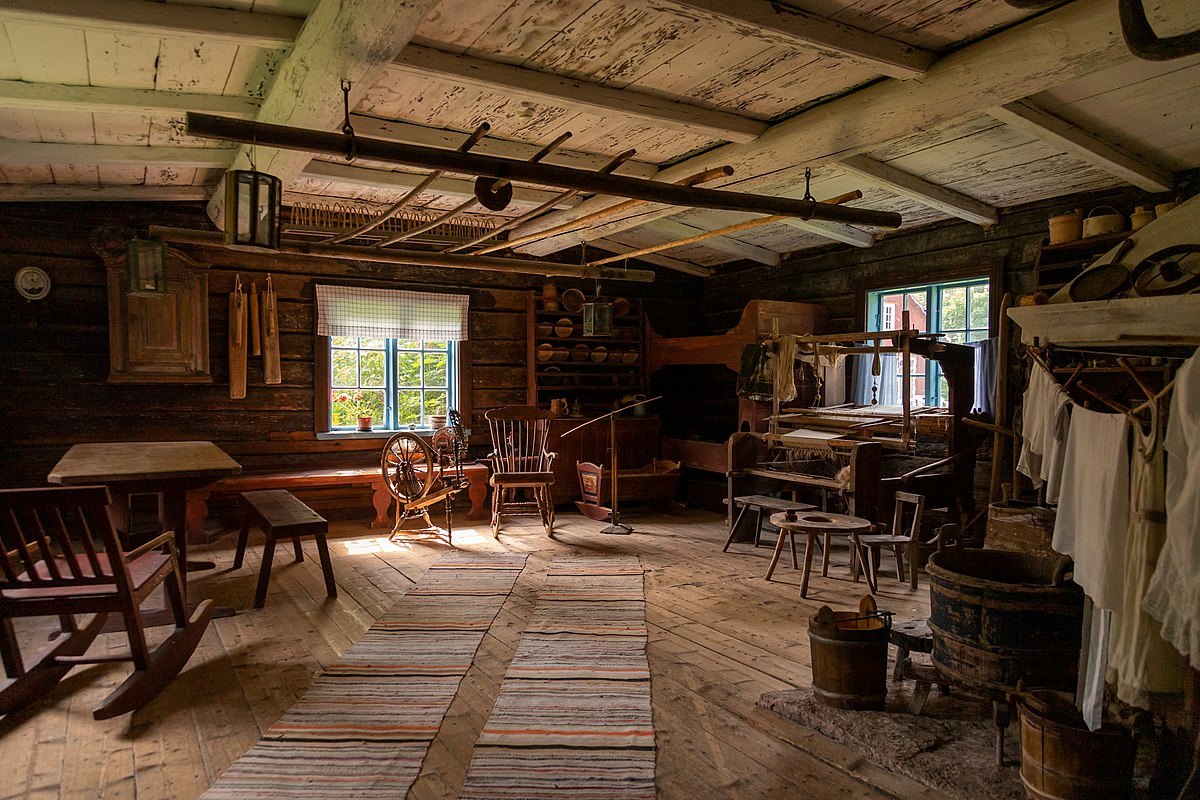
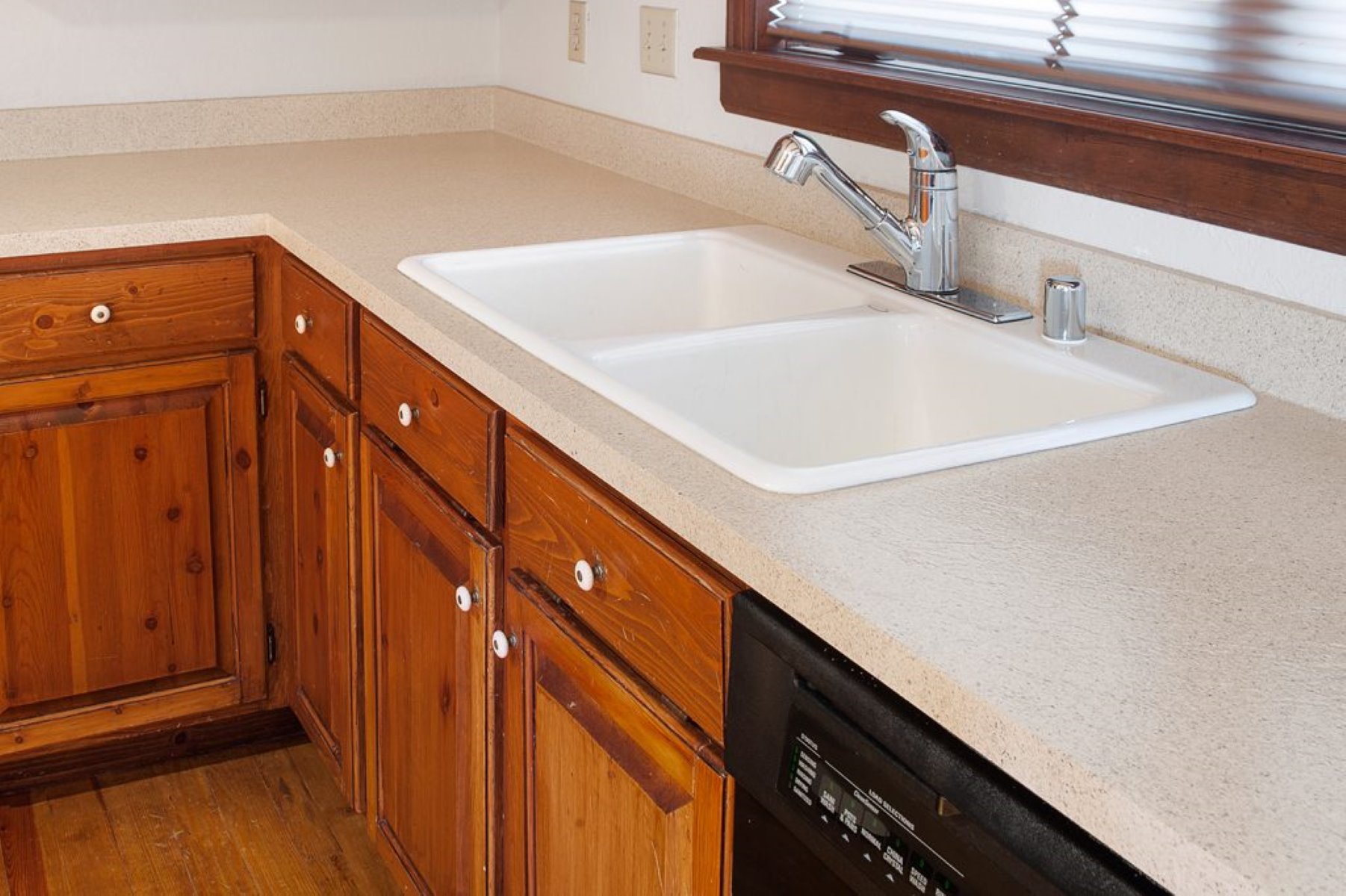
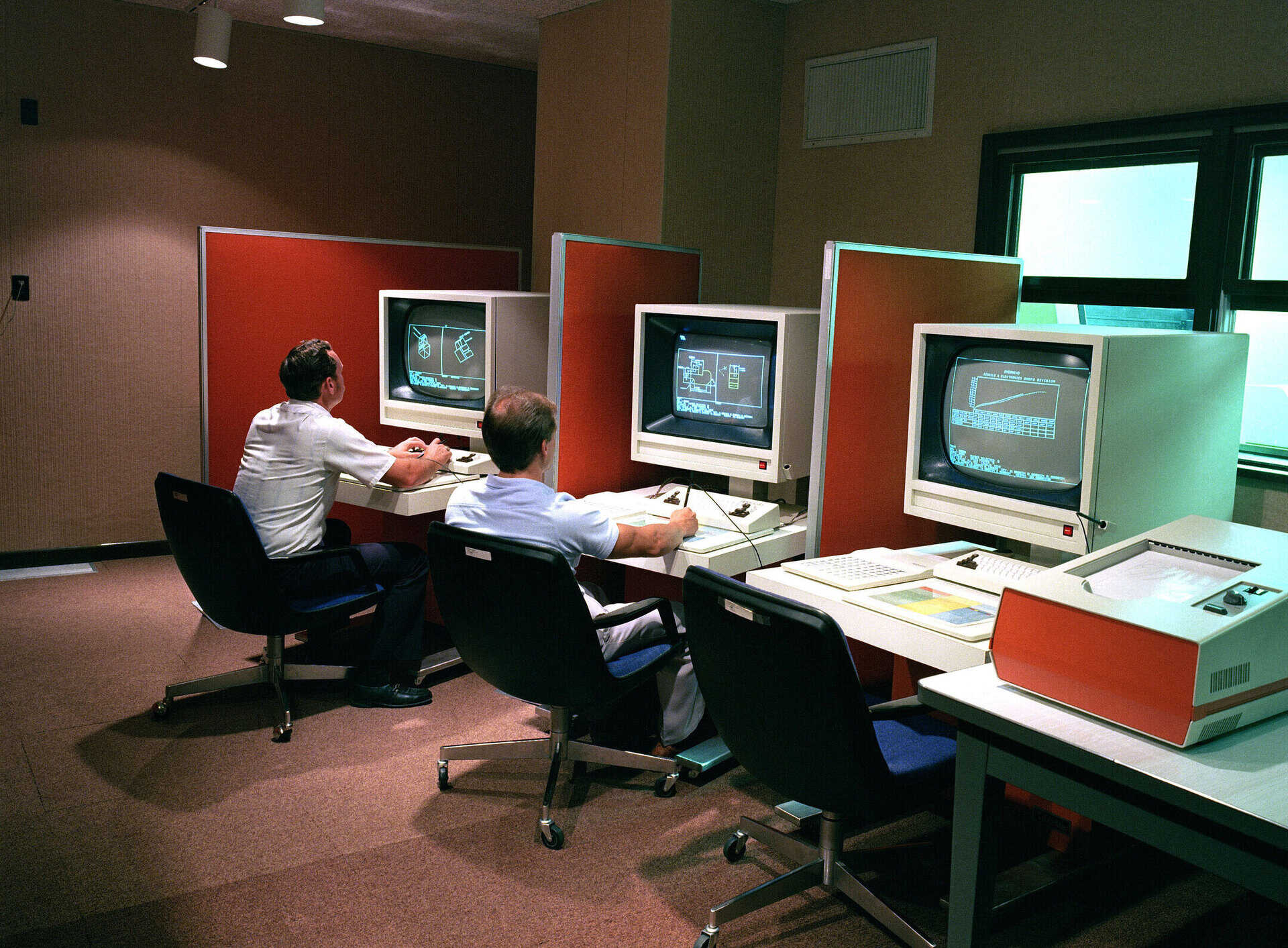
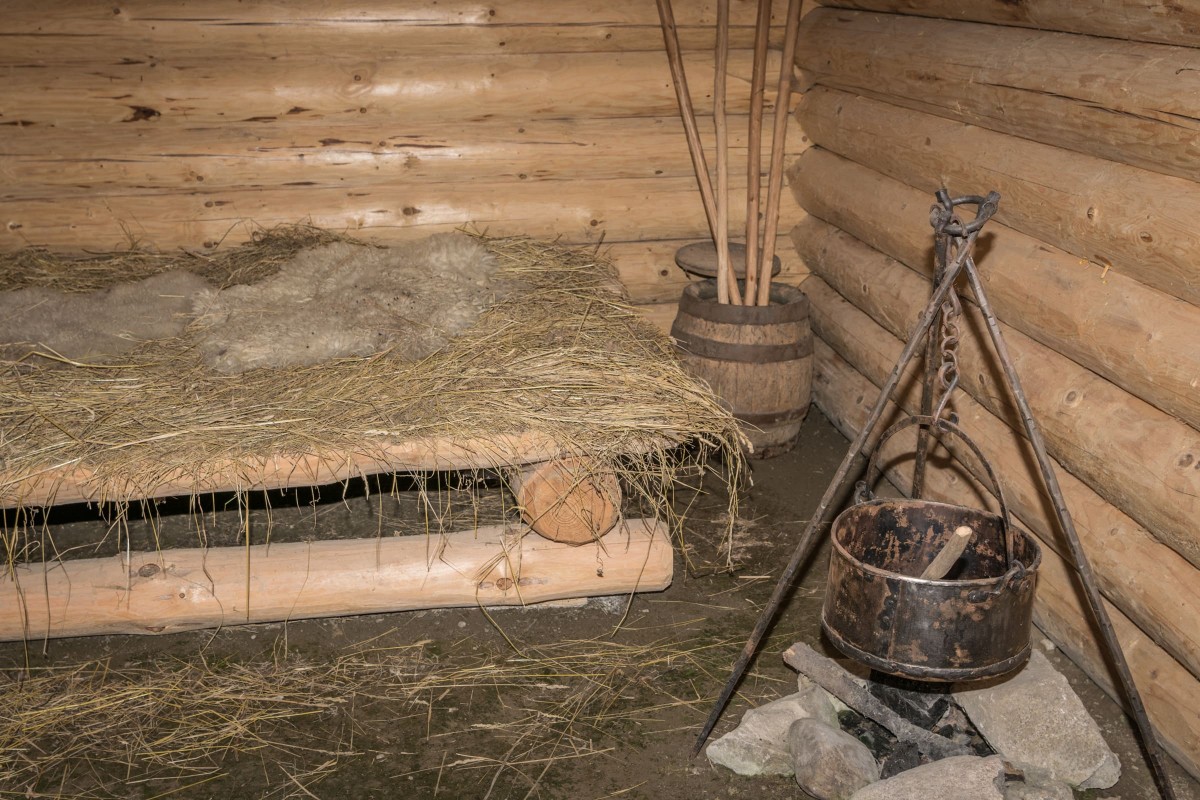
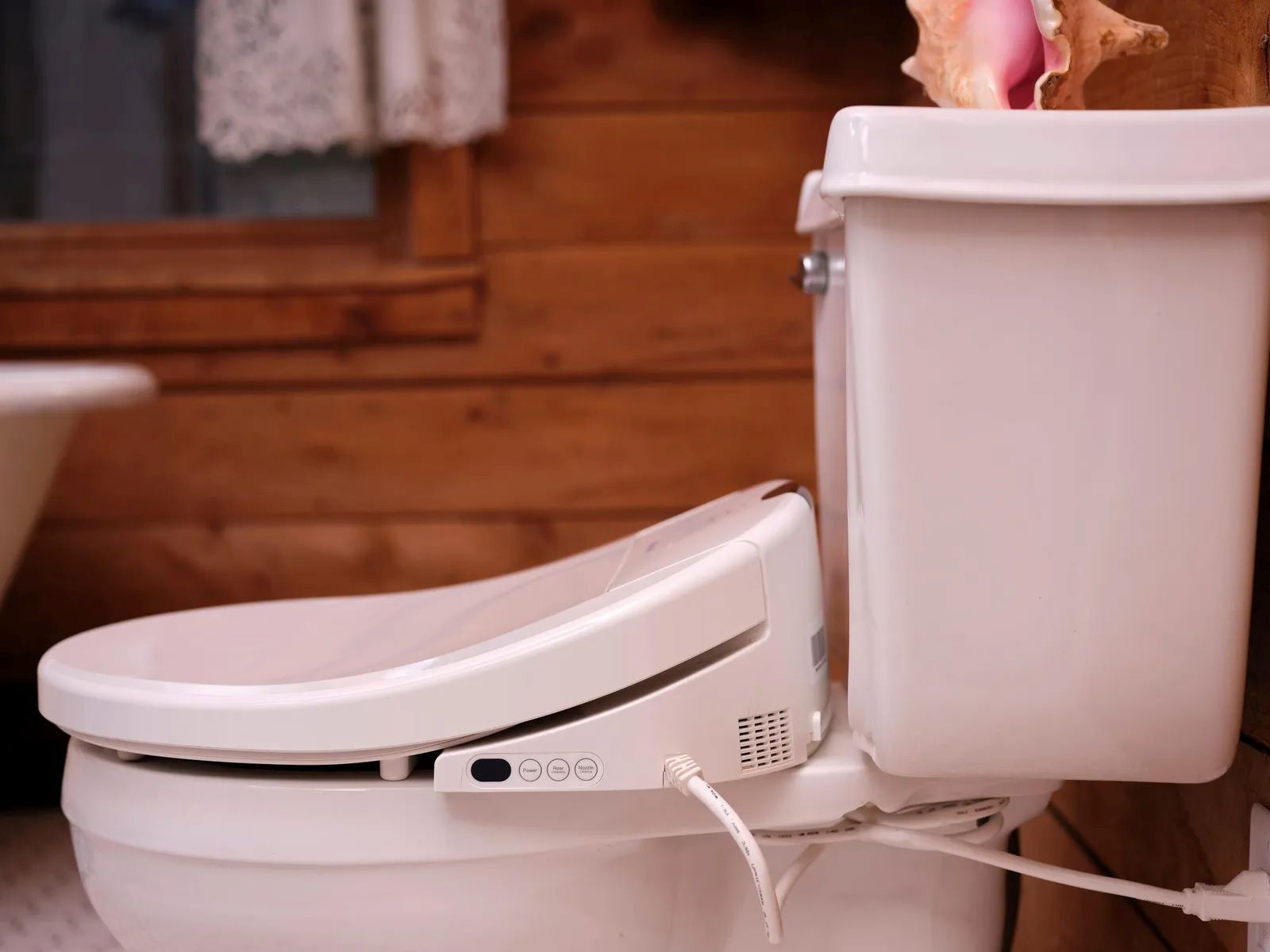

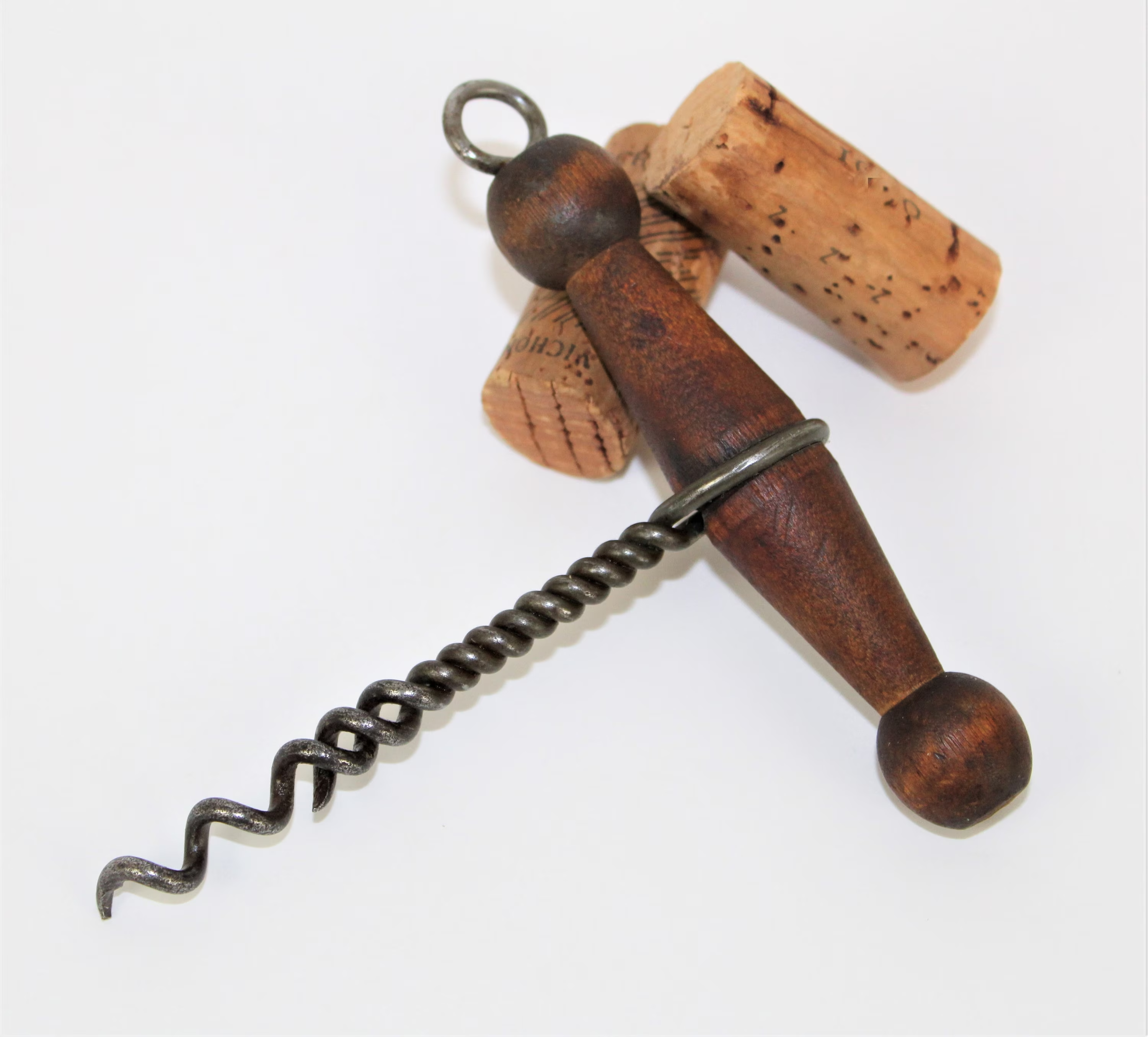
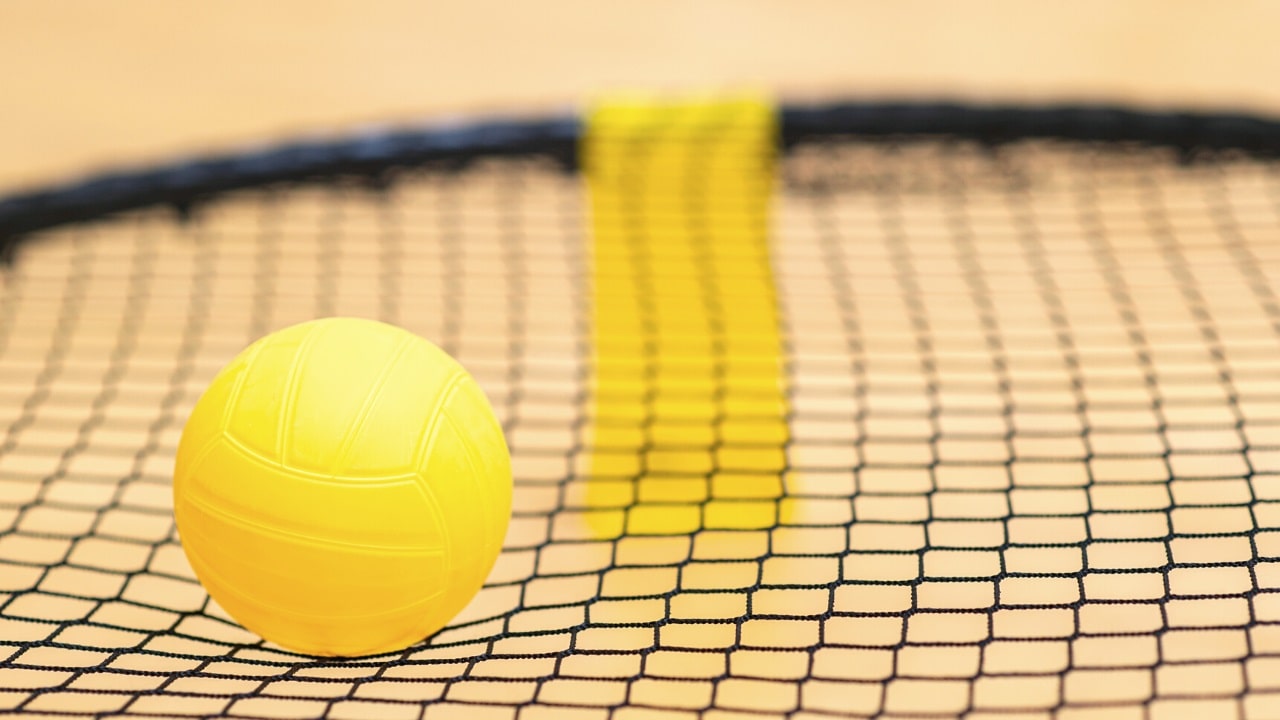
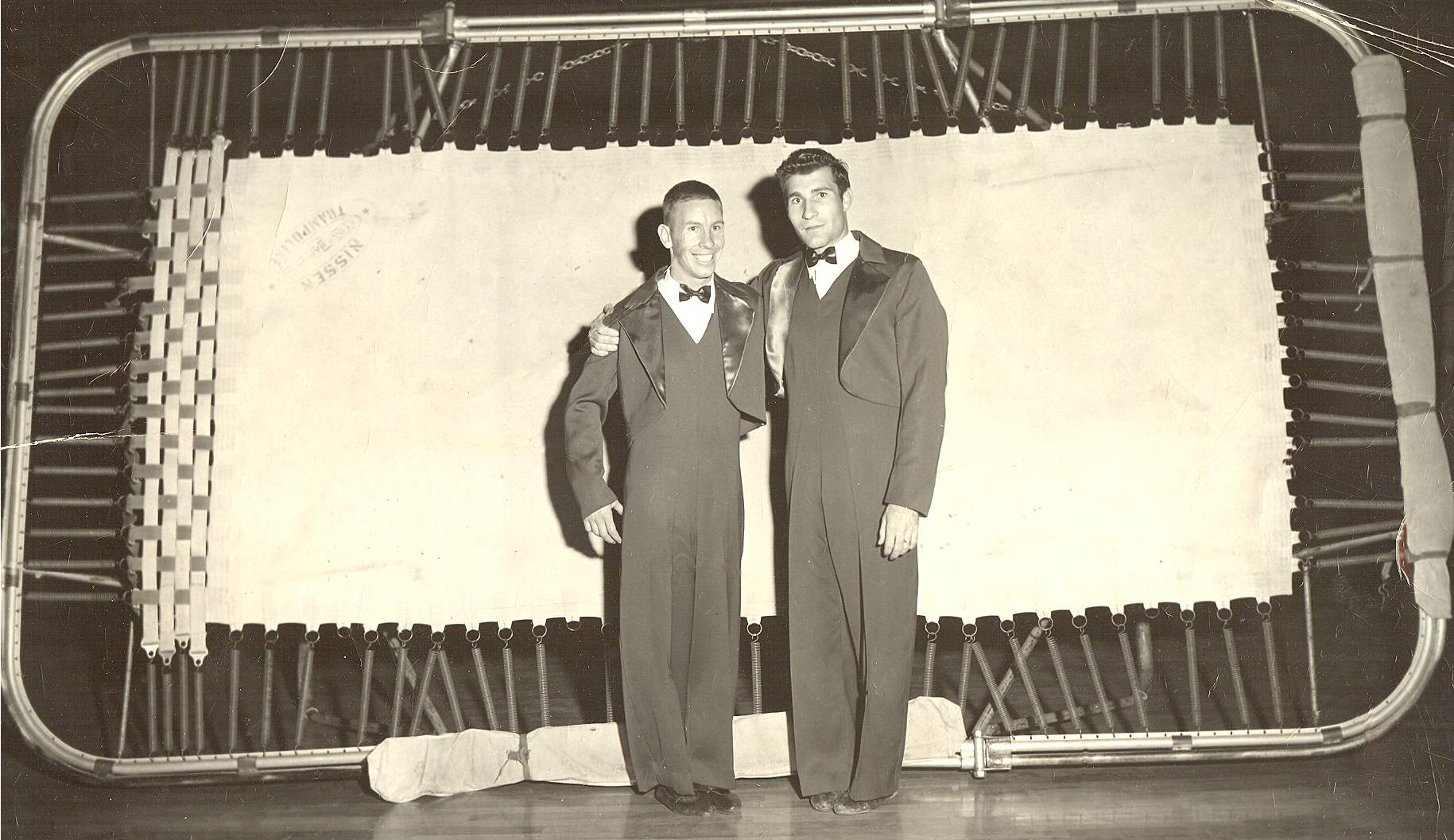
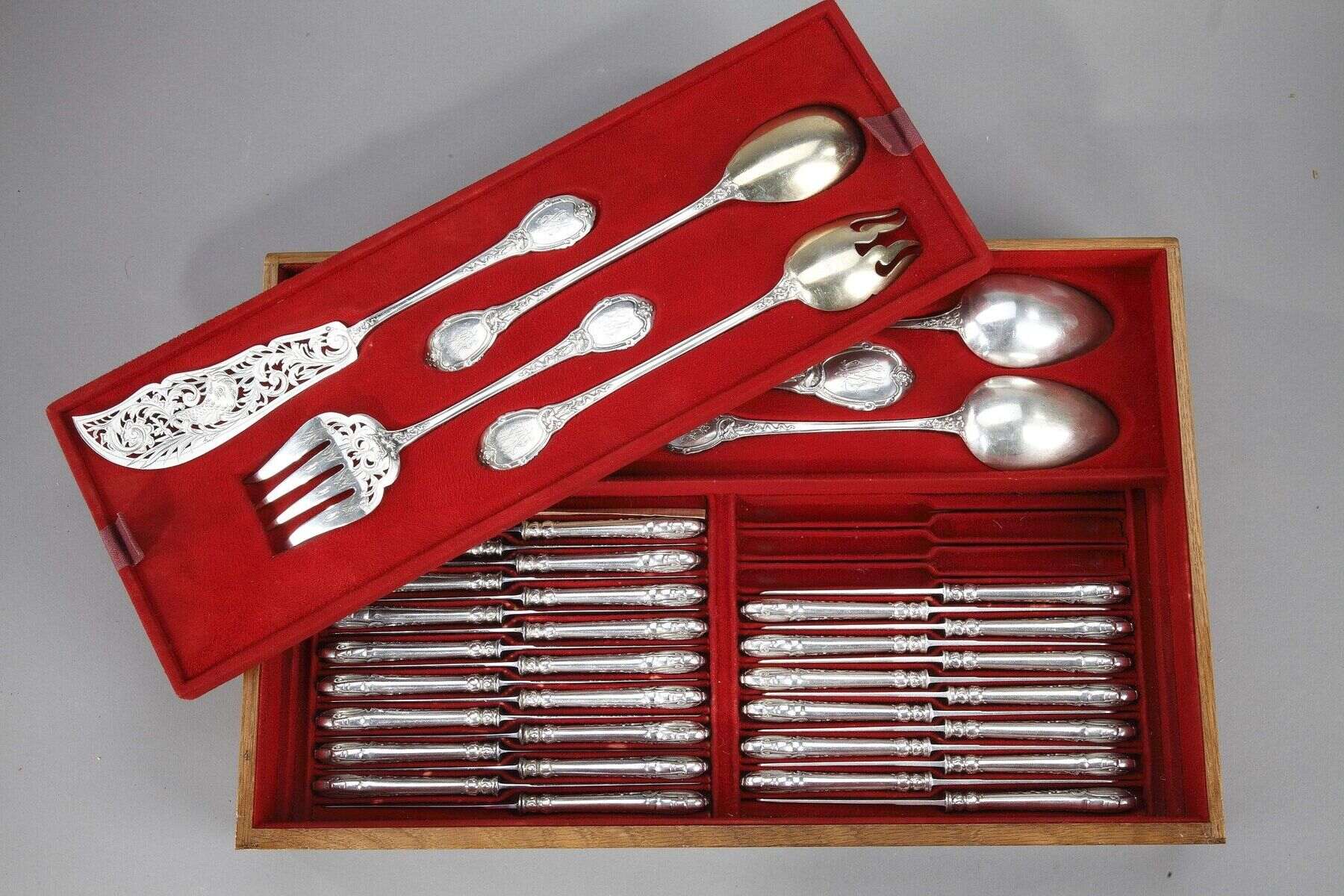
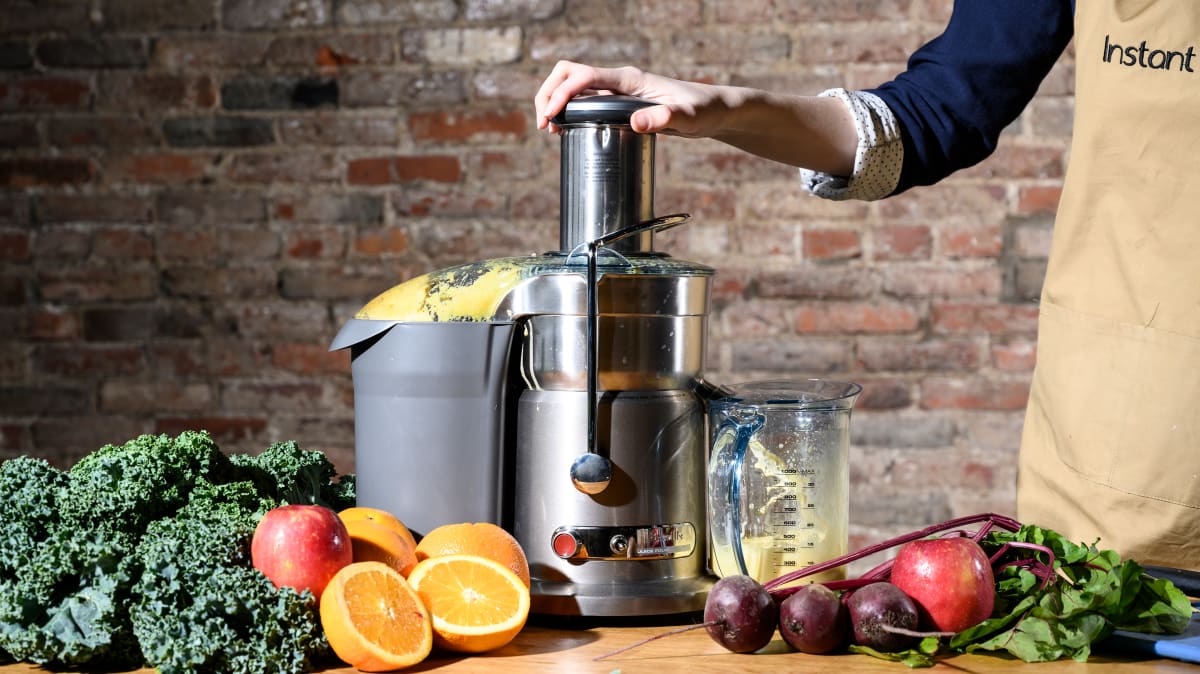
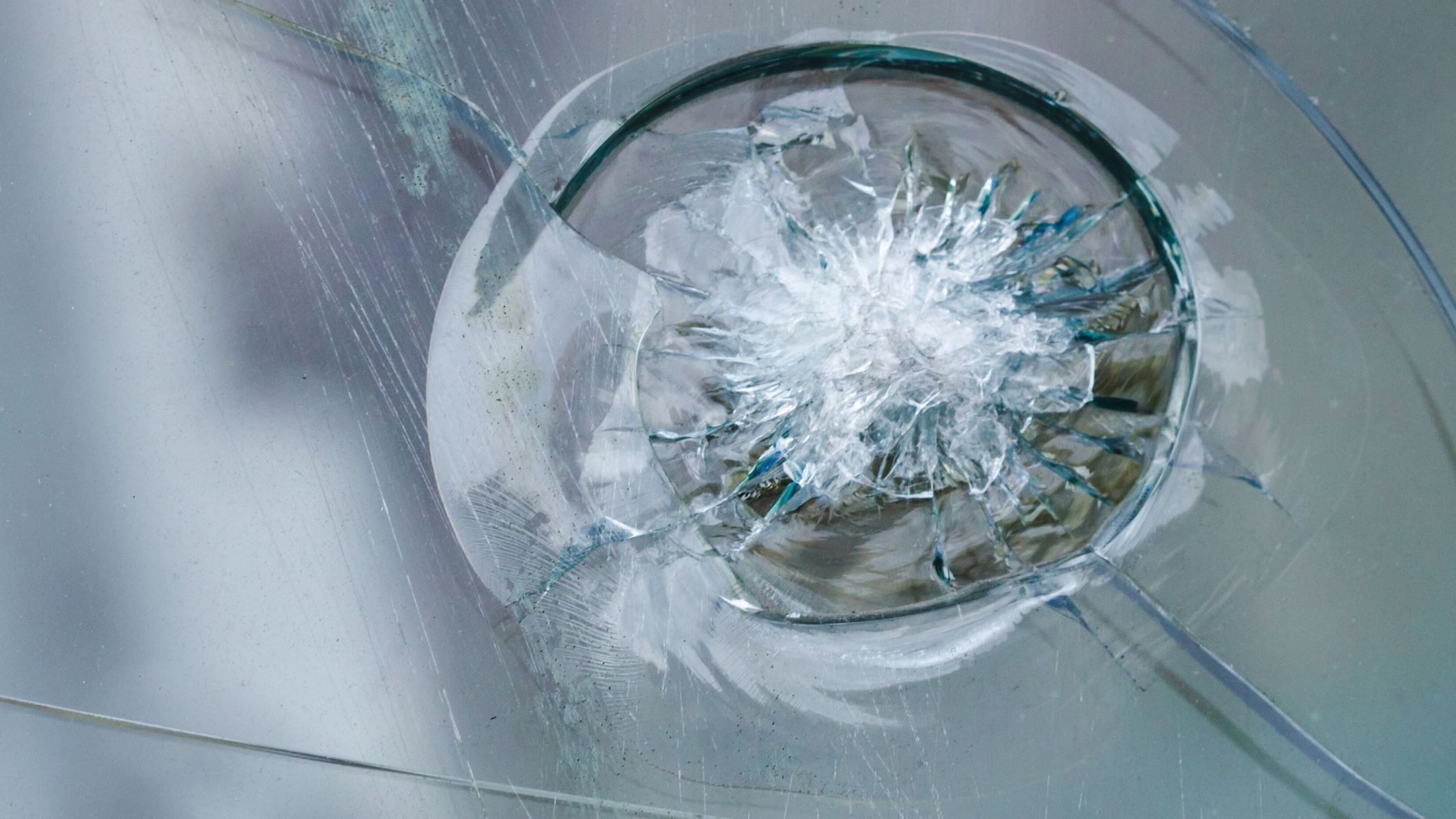
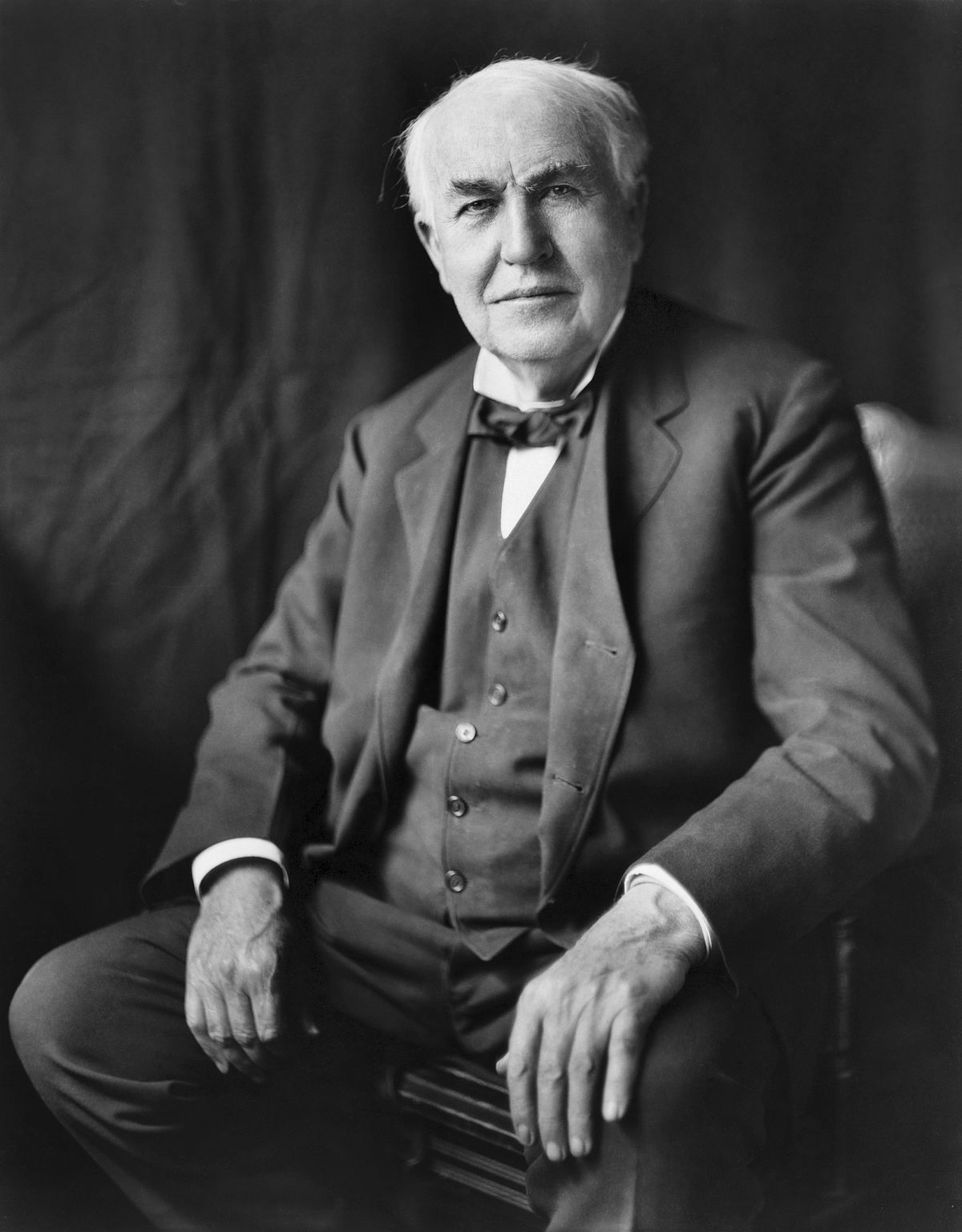
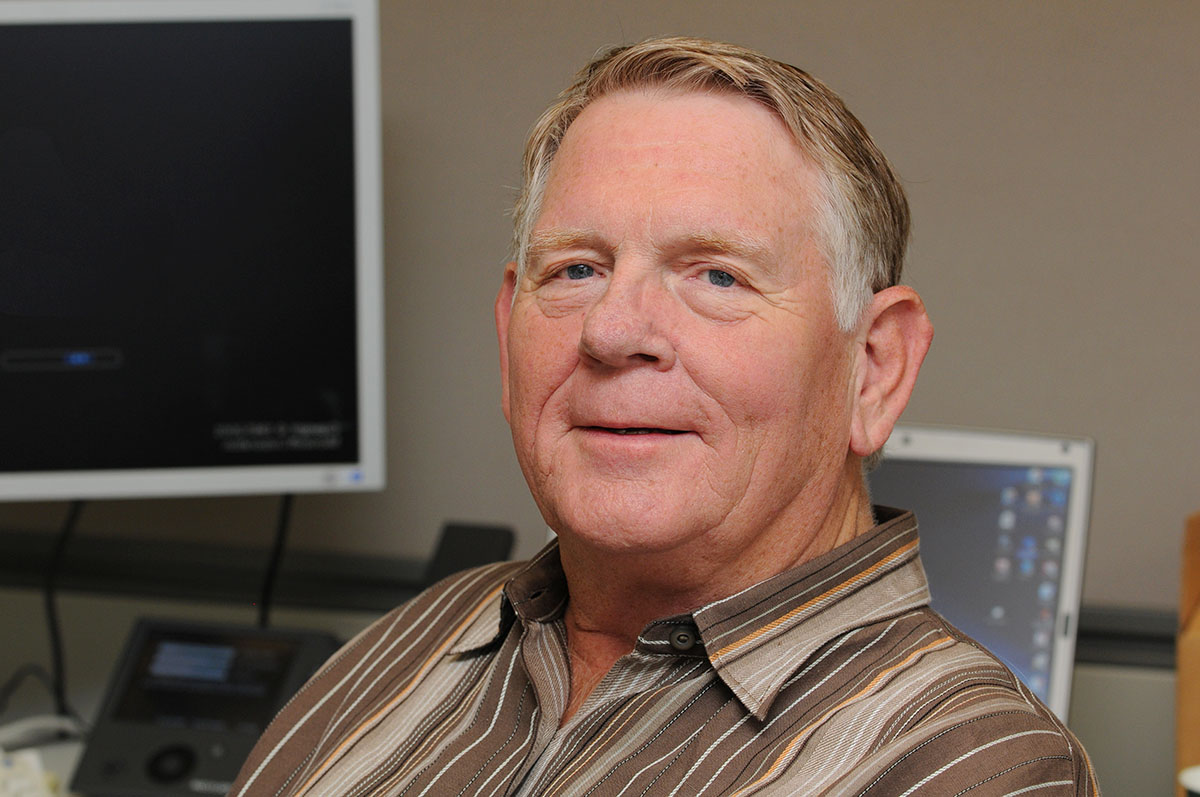

0 thoughts on “Who Invented Coffee Machine”